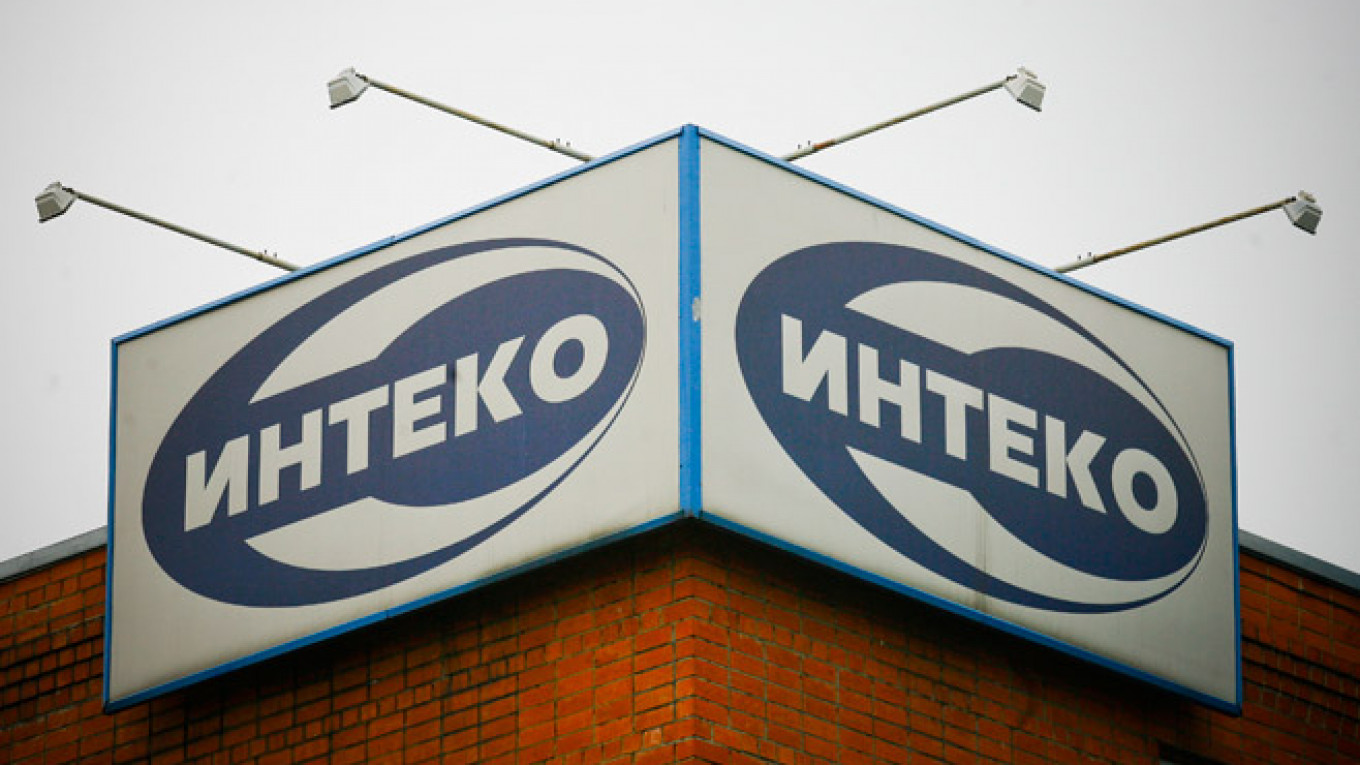The government is slashing red tape in residential construction by 40 percent within the year, promising much-needed relief to a sector hobbled by excessive bureaucracy.
The list of administrative procedures faced by builders before construction will be cut to 134 from 220, according to an order signed last week by Prime Minister Dmitry Medvedev and published on the government's website.
If it manages to leap the gulf between paper and practice, the cut will relieve a huge burden on the industry, said Georgy Ostapkovich, director of the Center for Business Tendencies Studies at the Higher School of Economics. Administrative barriers are one of the main sources of difficulty for contractors, such that any decrease, "even of 10 percent, let alone 40 percent, is a positive fact," he said.
Construction companies currently have to cope with a list of 220 procedures set by the federal government and a proliferation of additional requirements specific to separate regions. While this hampers all real estate developers, it causes particular problems for foreign investors, who have had to learn their way around regional as well as federal legislation, a spokesman for the Construction, Housing and Utilities Ministry said.
The government order obliges regions to bring their local legislation in line with the new federal list within six months, when the order comes into force. Once implemented, it could cut the period for acquiring state approval by up to six months, the spokesman said, though the impact will vary depending on the situation in specific regions.
The ministry hopes to remove an additional 40 procedures from the list by the end of the year, he added.
Confirmation currently takes up to six months for construction of panel buildings and a year or more for all other projects, with a great deal depending on the conditions for connecting buildings to utilities networks, said Natalya Kartavtseva, deputy general director of developer OPIN.
Cutting back redundant procedures could potentially decrease this period by up to 20 percent, she said.
Developer Inteko is still hesitant to judge the prospects of the initiative. In the six months leading up to its implementation, all regions must present their proposals on adding to or modifying the list, "so it is too early to predict what effect it will have on project delivery times," a spokesman said.
The resolution could face another, less visible, problem on its way toward implementation. Red tape is not just the residue of inefficient legislation — there are real interests standing behind it, the Higher School of Economics' Ostapkovich said.
Government officials "intentionally establish these barriers so that it is difficult for businessmen, who they then help overcome these barriers for a certain monetary reward," Ostapkovich said. These officials have played a part in inhibiting previous state initiatives to reduce administrative barriers, he added.
But if the state follows through with the resolution, reduced red tape would go a long way to supporting growth in residential development, which would in turn support the construction industry as a whole. Housing construction has lately become a key driver for growth in the industry, as industrial and other real estate sectors fall into stagnation amid cost-cutting in the private and public sectors, Ostapkovich said.
Contact the author at d.damora@imedia.ru
A Message from The Moscow Times:
Dear readers,
We are facing unprecedented challenges. Russia's Prosecutor General's Office has designated The Moscow Times as an "undesirable" organization, criminalizing our work and putting our staff at risk of prosecution. This follows our earlier unjust labeling as a "foreign agent."
These actions are direct attempts to silence independent journalism in Russia. The authorities claim our work "discredits the decisions of the Russian leadership." We see things differently: we strive to provide accurate, unbiased reporting on Russia.
We, the journalists of The Moscow Times, refuse to be silenced. But to continue our work, we need your help.
Your support, no matter how small, makes a world of difference. If you can, please support us monthly starting from just $2. It's quick to set up, and every contribution makes a significant impact.
By supporting The Moscow Times, you're defending open, independent journalism in the face of repression. Thank you for standing with us.
Remind me later.






